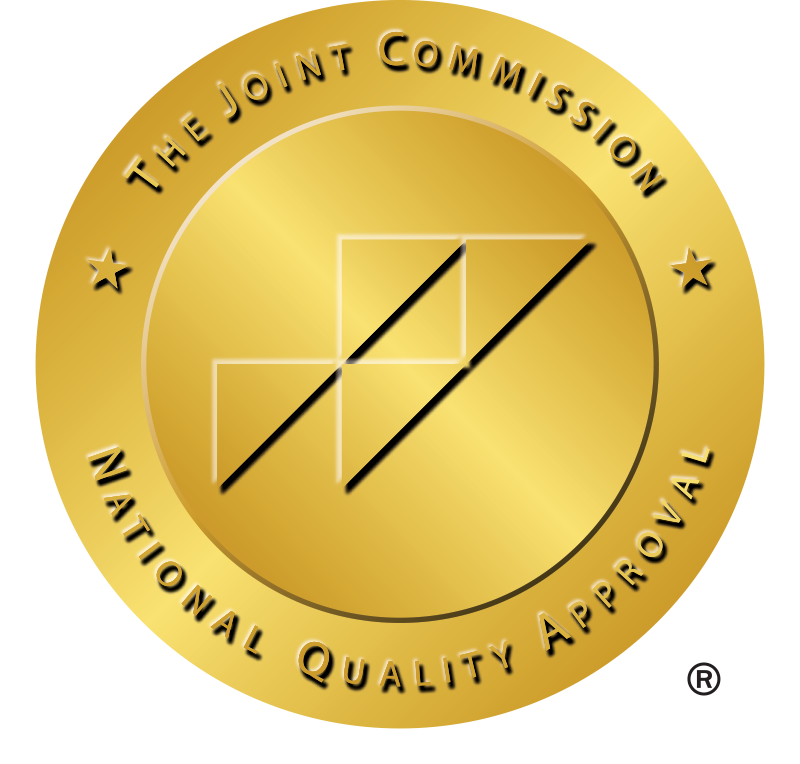Family therapy – sometimes referred to as family counseling – is a form of psychotherapy. A family unit is a group of people who call themselves a family and it can include partners, parents, children, brothers, sisters, grandparents, aunts, uncles, cousins, caregivers, friends, and professionals that are close to the people in the group. The goal of family therapy sessions is to resolve any conflicts, improve communication between members, and strengthen the connections between the family members.
9 Benefits of Family Therapy in Addiction Recovery
Each family and therapy session is different from the next, but the idea behind family therapy is to help a family move forward in a positive way. Some benefits include:
- Family therapy helps everyone that is involved in sessions understand that addiction is a brain disease rather than a bad decision or bad morals. Members get a better understanding of how addiction affects and changes the brain. They also learn how each member’s behavior is affected by addiction.
- Family therapy promotes communication. Family members learn how to share their needs, thoughts, and feelings in a way that doesn’t harm relationships between individuals. It also helps improve empathy and understanding.
- Sometimes family members don’t know what to say or do to help their loved ones. Family therapy helps them understand the effects of addiction. They learn how to support their loved one through recovery while also learning skills to protect their own well-being.
- During sessions, the therapist will explain enabling behaviors to the family members. This helps members avoid these behaviors and set up boundaries so that healthier relationships are formed.
- Family members will gain an understanding of addiction treatment, how it works, and what to expect when it’s over. They learn ways to keep their loved one motivated and engaged during treatment.
- Codependent behavior can impede or harm the recovery process. During sessions, these behaviors are explained and addressed if they apply to the family. If codependent behaviors are a usual part of the family, the therapist can help everyone set up clearer boundaries.
- Family members can talk about their feelings and concerns that they have about their loved one’s addiction. Each person has the opportunity to ask questions, get advice, and listen to each other with a sense of understanding.
- A family can regain forgiveness, trust, and acceptance while working on fixing conflict within the family. Sometimes family members feel like another member abused their trust and they do not want to help them in their recovery. It takes complete honesty and good communication in order for positive changes to occur.
- Each person has the chance for insight and self-assessment from the therapist. If a family member is struggling with depression, PTSD, or any other mental health issue, it can be addressed while the family is in a session. Mental health issues can damage communication and possibly trigger a relapse. The health of each family member is important in helping the addicted person achieve long-term recovery.





